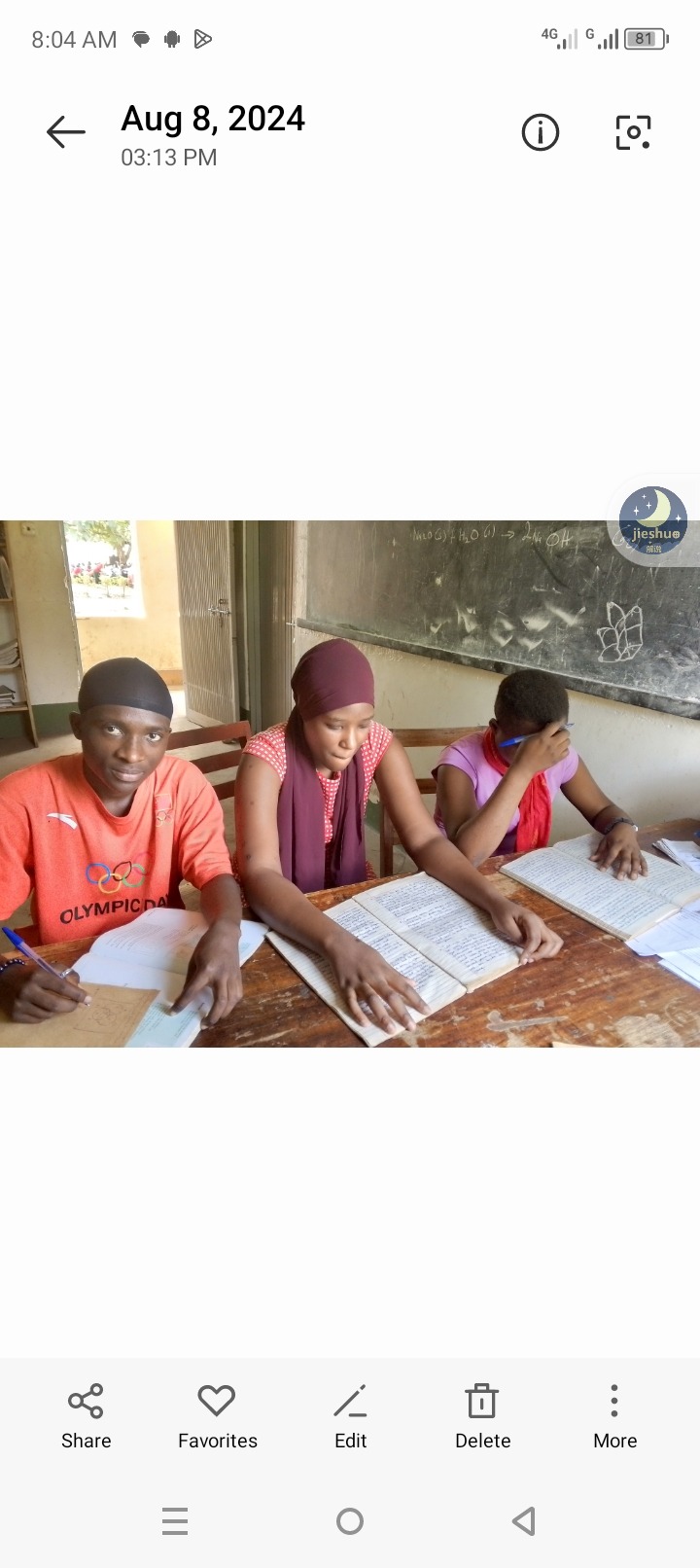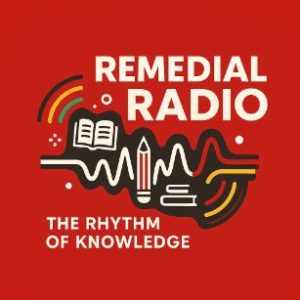Contents
Overcoming the New Exam Challenge
The introduction of a new curriculum always brings with it a wave of uncertainty. As Uganda prepares for the first O-Level national examinations under the competence-based curriculum, anxiety levels among students, teachers, and parents are understandably high. The pressure to excel in this unfamiliar territory is immense.
To alleviate these concerns and equip students with the necessary tools for success, Remedial Corner is proud to announce a FREE online history seminar. This comprehensive workshop aims to demystify the new exam format, provide invaluable insights from seasoned examiners, and build a supportive community of learners.
Why Attend Our History Seminar?
Our seminar is designed to empower students and teachers alike. By participating, you will gain access to:
- Expert Guidance: Learn directly from experienced UNEB examiners who possess in-depth knowledge of the new curriculum and exam structure.
- Proven Strategies: Discover effective techniques for answering a wide range of history questions, ensuring optimal performance.
- Curriculum Mastery: Develop a deep understanding of the competence-based approach and how it translates into exam questions.
- Networking Opportunities: Connect with fellow students and teachers from across Uganda, fostering collaboration and shared learning.
- Confidence Building: Overcome exam anxiety and approach the O-Levels with a positive mindset.
Who Should Attend?
This seminar is tailored to benefit a wide range of participants:
- Senior Four Students: Gain a competitive edge by mastering the new exam format and acquiring essential study skills.
- Secondary School Teachers: Enhance your teaching methodologies to align with the competence-based curriculum and better prepare students for success.
- Parents: Play an active role in your child’s education by understanding the new exam requirements and providing necessary support.
Key Benefits OF The Online History Seminar
The following are the benefits of the online history seminar:
- Expert Tips from Senior UNEB Examiners: Participants will have the unique opportunity to learn directly from senior examiners who are intimately familiar with the exam setting and marking process. These experts will share valuable tips on how to interpret and answer questions, ensuring that students can maximize their scores.
- In-depth Knowledge on Exam Techniques: The seminar will cover essential strategies for tackling the new lower-level secondary curriculum exams. This includes understanding the structure of the exams, managing time effectively, and addressing different types of questions.
- Networking Opportunities: Students will be able to connect with peers from different schools across the country, fostering a sense of community and mutual support. Additionally, teachers attending the seminar can network with other educators, sharing insights and strategies for effective teaching under the new curriculum.
- Practical Insights and Real-life Applications: By focusing on practical applications of historical knowledge, the seminar will help students appreciate the relevance of their studies in real-world contexts. This not only aids in retention and understanding but also makes learning more engaging and meaningful.
Detailed Information About the Seminar Content
The upcoming online history seminar hosted by Remedial Corner is meticulously designed to provide a comprehensive understanding of how to tackle questions in the new curriculum final exams. Below is a detailed breakdown of what participants can expect to learn during this seminar.
1. Overview of the New Competence-Based Curriculum
The seminar will begin with an in-depth explanation of the new competence-based curriculum introduced by the Uganda National Examinations Board (UNEB). This section will cover:
- Curriculum Objectives: Understanding the goals of the new curriculum, which emphasizes critical thinking, practical skills, and the application of knowledge in real-life situations.
- Differences from the Old Curriculum: A comparison between the old and new curriculums, highlighting key changes in content, structure, and assessment methods.
- Implications for Students: How these changes affect students’ approach to learning and exam preparation.
2. Exam Structure and Question Types
Understanding the exam structure is crucial for success. This part of the seminar will focus on:
- Exam Format: Detailed analysis of the exam format, including the number of sections, types of questions, and time allocation.
- Question Types: Breakdown of different question types such as multiple-choice, short answer, structured essay, and case studies.
- Marking Scheme: Insight into the marking scheme used by UNEB, including how points are allocated and what examiners look for in responses.
3. Strategies for Answering Different Types of Questions
This section is perhaps the most critical part of the seminar, offering strategies tailored to the various types of questions students will encounter:
- Techniques for narrowing down options.
- Tips for identifying trick questions and common pitfalls.
- How to structure responses concisely.
- Key points to include for maximum marks.
- Essay and Structured Questions:
- How to plan and organize essays under time constraints.
- Importance of thesis statements, topic sentences, and concluding remarks.
- Using historical evidence and examples effectively to support arguments.
- Case Study Questions:
- Approaches to analyzing and interpreting case studies.
- How to apply theoretical knowledge to practical scenarios.
- Structuring responses that demonstrate critical thinking and problem-solving skills.
4. Time Management Skills
Effective time management can significantly impact exam performance. This segment will cover:
- Time Allocation: How to allocate time to each section of the exam based on the number of questions and their weight.
- Prioritization: Identifying which questions to answer first based on difficulty level and familiarity.
- Avoiding Time Traps: Techniques to avoid spending too much time on a single question and ensuring all questions are attempted.
5. Common Mistakes and How to Avoid Them
Even the best-prepared students can make mistakes under exam pressure. This section will highlight:
- Common Errors: Frequent mistakes made by students in history exams, such as misinterpreting questions, poor time management, and failure to provide specific examples.
- Examiner’s Insights: What UNEB examiners often observe as weak points in student responses and how to avoid them.
- Proofreading Tips: The importance of leaving time at the end to review answers and correct errors.
6. The Importance of Contextual Understanding in History
History exams under the new curriculum require students to not only memorize facts but also understand and analyze historical events within a broader context:
- Linking Events and Themes: How to connect historical events, themes, and trends to answer questions comprehensively.
- Understanding Cause and Effect: Techniques for demonstrating a deep understanding of how historical events influence one another.
- Analyzing Primary and Secondary Sources: Tips for interpreting historical documents, maps, and other sources provided in the exam.
7. Practical Applications of Historical Knowledge
One of the key aspects of the new curriculum is the application of knowledge to real-life scenarios. This part of the seminar will discuss:
- Applying History to Modern Issues: How to relate historical knowledge to current events and societal issues, a skill that may be tested in exams.
- Case Studies: Practical examples of how historical events have shaped modern society, which can be used to enrich exam answers.
8. Building Confidence for the Exam Day
The final part of the seminar will focus on psychological preparation:
- Managing Exam Anxiety: Techniques for staying calm and focused during the exam.
- Building Confidence: How thorough preparation and a clear understanding of the exam format can boost confidence.
- Practical Tips for Exam Day: What to do the night before and the morning of the exam to ensure peak performance.
9. Q&A Session with UNEB Examiners
At the end of the seminar, there will be a live Q&A session where participants can ask senior UNEB examiners any questions they have about the exam. This is a rare opportunity to gain direct insights from those who are responsible for setting and marking the exams.
What You Need to Attend
- A smartphone or laptop
- At least 500 MBs of internet data
About Remedial Corner
Remedial Corner is committed to providing quality educational support to students across Uganda. Our team of experienced educators is dedicated to helping students achieve their full potential.
Key take aways
Date: Saturday, September 7, 2024 Time: 2:00 PM EAT Format: Online (virtual) Registration Fee: UGX 1,000
Call to Action
Don’t let the new O-Level history exam catch you off guard. Take advantage of this unique opportunity to gain expert guidance and boost your chances of success. Register now and join us for this life-changing seminar!
For inquiries or further information, please contact:
- Email: info@remedialcorner.com
- Call/WhatsApp: +256 (0) 782875553
Invest in your future today!



Leave a Reply